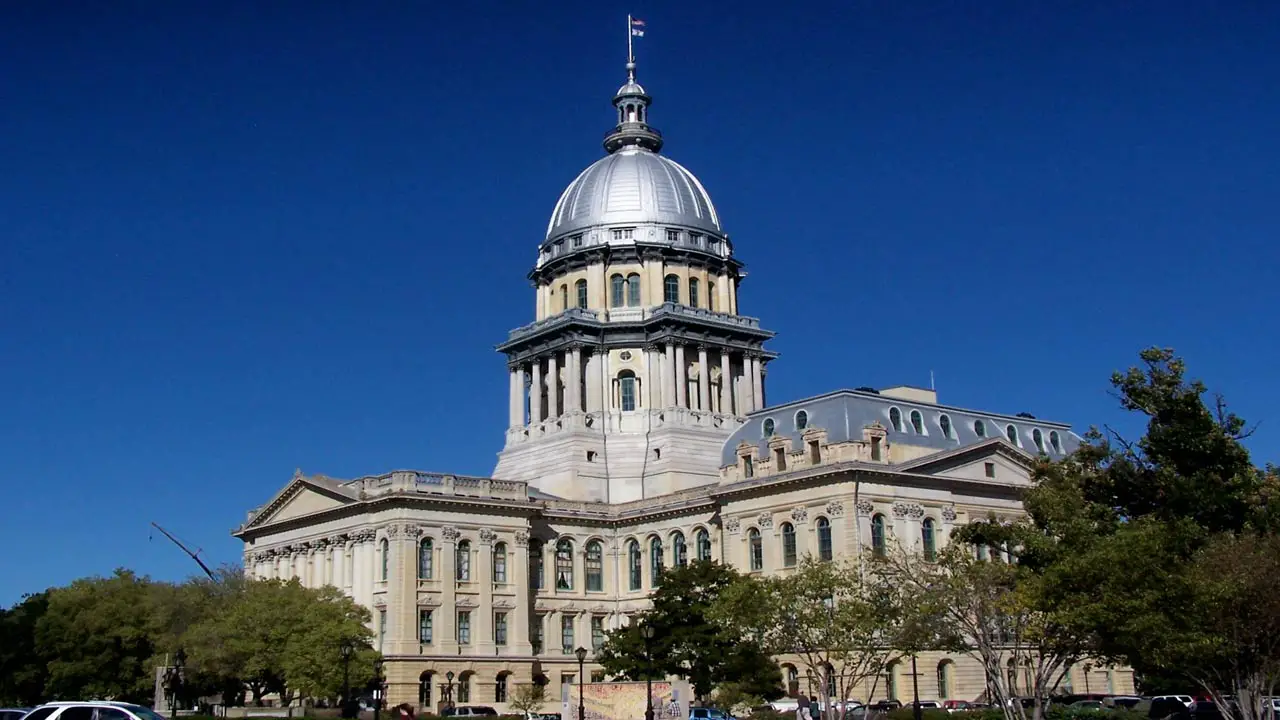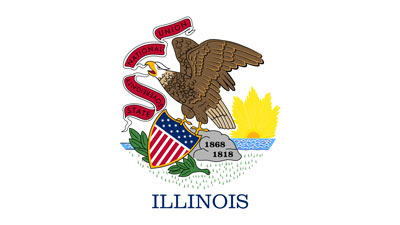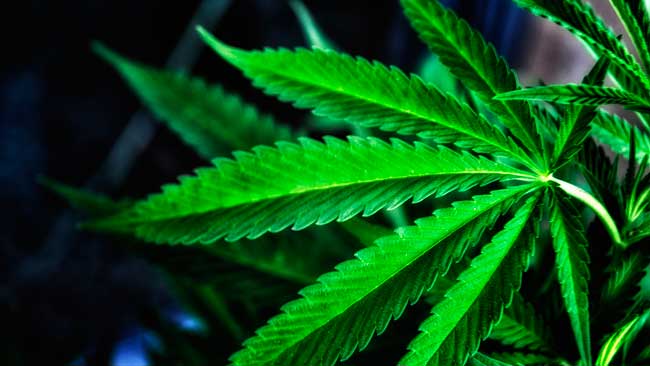Illinois may soon become the latest state to decriminalize possession of small amounts of marijuana.
A bill that passed the Illinois House of Representatives in a 62-53 vote last week would remove the threat of arrest, instead resulting in a fine. A person would be allowed to carry up to 15 grams without facing jail time. The fine would amount to $125 or less.
The bill’s passage out of the Illinois House comes just one week after the Cook County state attorney announced that she was no longer going to prosecute misdemeanor marijuana cases for people with fewer than three arrests or citations. The state attorney also put forward a new program for non-violent felony drug offenders to seek treatment rather than face jail time. The policy would apply for addiction to hard drugs like cocaine and heroin.
Prosecutors say that the change in policy is badly needed as drug cases now make up over a quarter of felony cases in Cook County. In addition to the felony cases, more than 15,000 people also faced misdemeanor charges for possession of small amounts of marijuana. Prosecutors contend that the drug cases have clogged an already overburdened court system.
Lawmakers seem to agree.
“I think police have been bogged down with petty possession crimes,” says Republican state representative Ron Sandack. “I think courts have been bogged down with petty possession crimes. These people, they’re not dealers. They have no intent to sell.”
The sponsor of the bill, Democratic state representative Kelly Cassidy of Chicago, says that the change is needed to bring the entire state of Illinois closer to the local policy in Chicago, where decriminalization has been local policy for three years. An ordinance that passed in 2012 decriminalized pot for those caught with up to 15 grams of marijuana. The penalty ranges from $250 to $500.
“We currently have a patchwork of local ordinances where there is the possibility of getting a ticket but not a given that you’ll get a ticket, so it’s an open question where you go whether you’re going to get arrested or get a ticket,” Cassidy said.
Prior to the decriminalization ordinance, city police officers arrested over 18,000 people each year, taking up over 20,000 hours of police time. Chicago’s approach — which other cities have followed in recent years — resulted in millions of dollars for the cash-strapped city. But other communities in Illinois have not followed suit.
“That creates a system whereby it depends on where you live, and what you look like, and unfortunately more often than not, it is folks who are black and brown who are being arrested, who are being pulled off the streets, pulled away from their jobs and their families and put into our jails and prisons,” Cassidy added.
Marijuana is decriminalized in ten states. Possession for small amounts is legal in an additional four states plus the District of Columbia. Twenty-five states have medical marijuana laws, including Illinois.
Federal law still prohibits marijuana possession so it is possible to be prosecuted — even in states where it is legal under state law. However, a number of changes have occurred in recent years. The Justice Department under Attorney General Eric Holder has taken a mostly hands-off approach in states that have legalized the drug. Last year, Congress passed and President Obama signed a law that effectively ended the prohibition on marijuana for medicinal use in states where it is legal.
President Obama has said that if enough states move to de-criminalize marijuana, he believes that Congress will act to reschedule the drug under federal law.
Image Credit: J. Stephen Conn, flickr










